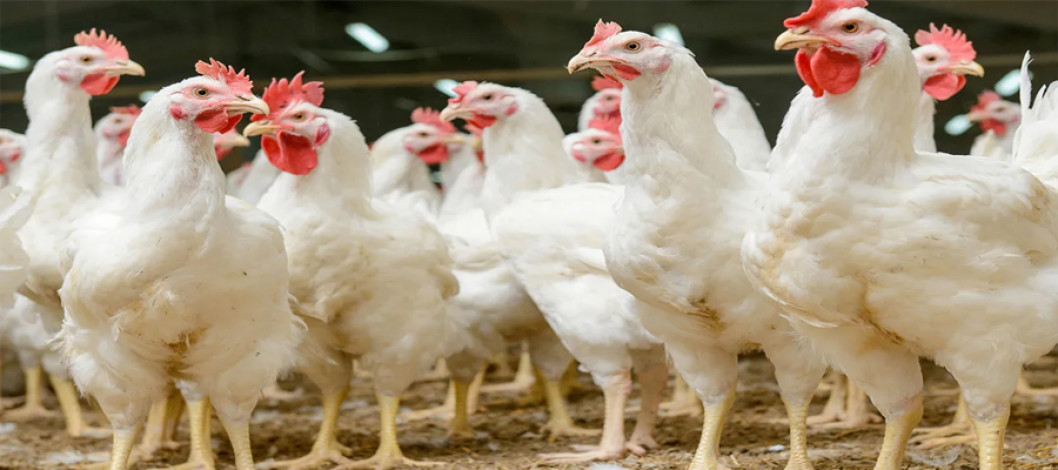
Award-winning farmers were given the opportunity to showcase innovation, flock welfare, traceability, and sustainability during the first farm tour for UK cross-party MPs. The visit, which took place at the Griffiths Family Farms, a major egg-producing and packaging business that employs more than 200 people, marked the inaugural National Farmers’ Union Farming Fellowship Scheme tour.
It comes at a time when the UK government is under pressure from the farming industry, which has been leading a public-facing campaign to reverse the inheritance family farm tax which was announced in the recent budget.
Showcase the poultry sector
The scheme was launched earlier this year to showcase the industry and enable participating MPs to see how sustainable and affordable food gets from field to fork. It has attracted backing from ABP UK, the Agricultural Industries Confederation, Arla Foods, Barfoots, the British Egg Industry Council, and Fareshare.
The Griffiths Family Farm is the largest cage-free barn producer complete with contracted free-range family farms. They market more than 3 million organic, free-range, barn and colony hens and have won a host of awards over the years including ‘Breakthrough of the Year’ at the 2008 British Free Range Egg Producers Association annual meeting for becoming the first packer to commit to stamping 100% of their eggs on the farm.
The family, whose team packs more than 750 million eggs a year at Oaklands Farm, Edstaston, Shropshire, talked the MPs through production, on-farm biosecurity and its importance, green technology, and the sustainable removal of poultry manure.
The MPs also took part in egg grading at the business, and saw quality checks being made, eggshell classifications, and how it fits into the retail, food service, and egg product sectors.
Bird welfare, flock health, and efficiency
The tour also focused on the family’s agri-development work to improve welfare, flock health, and efficiency. All Oaklands eggs are now marked with the method of production, the country of origin, and the farm’s unique identity number. The move required all Oaklands Farm suppliers to stamp their eggs on the farm of origin prior to delivery to the Oaklands Farm packing center, creating a crucial traceability check for shoppers.
Elwyn Griffiths, owner of Griffiths Family Foods, said: “As a diverse enterprise we are founded on strong principles of protecting the environment, the welfare of animals, and producing high-quality food for the nation. We have been farming for more than 60 years producing eggs to outstanding levels of safety under the British Lion code of practice.”
She added: “In 2008, we seized the initiative to become the first major UK packer to stamp 100% of our eggs on the farm. In the face of everything that is going on politically, it remains vital we engage politicians, address the issues important to our farms, and show them the true contribution our businesses make.”
“…one of the most successful sectors of British farming”
Mark Williams, British Egg Industry Council chair, who sponsored the visit, said the egg industry was one of the most successful sectors of British farming, completely unsubsidized, market-driven, and consumer-led.
“The sector employs 13,000 people directly, and over 13,000 people are employed indirectly through a range of ancillary businesses that support the sector. The value of Lion eggs at retail is over £1 billion a year, so it is great to see MPs engaging with our sector, which plays a crucial role in providing a safe, affordable, high-quality, and nutritious food product for our nation.”
James Mottershead, NFU poultry chair, said it was important to engage with politicians to give them the tools, knowledge,e, and understanding needed to enable them to highlight the critical role of food security in delivering national security and the growth and investment required for the future of British farming.
“The MPs will speak up in their constituencies but also in Westminster on some of the big issues impacting our industry which forms the backbone of the UK’s largest manufacturing sector – food and drink – contributing more than £146 billion to the economy,” he added.
Source: Email/GFMM
Comment Now